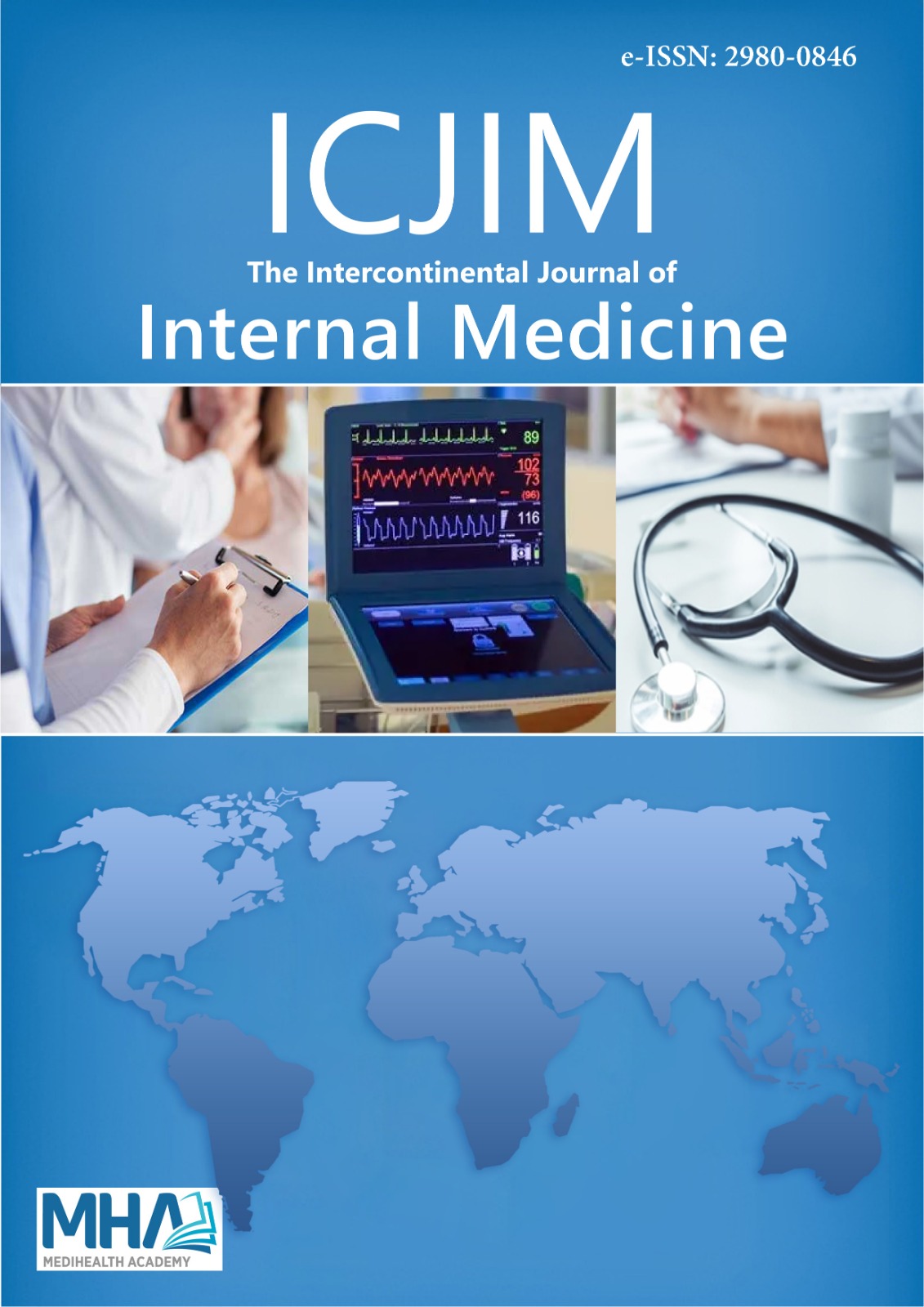1. Holy Quran, Surat Al-Baqarah, The Cow, Aya 183-185.
2. Buhârî. Ebû Abdillâh Muhammed b. İsmail, el-Câmiu’s-sahîh. ÇağrıYayınları: 1992: İman, 1.
3. Buhârî. Savm, 9.
4. Buhârî. Cihad, 36.
5. Nesâî. Sünen. Çağrı Yayınları: 1992: Sıyam, 43, (No: 2218,2220.)
6. Ali el-Müttaki. Kenzü’l-ummâl, (Beyrut: Müessesetü’r-Risale, 1981) 8/444(No: 23575)
7. Razî. et-Tefsirü’l-kebir. (Beyrût: Dâru İhyâu’t-Turâsi’l-Arabî, 1420), 5/240.
8. İbn Mâce. Sünen. Çağrı Yayınları: 1992: Siyâm, 44, (No: 1745).
9. Nureddin el-Heysemî. Mecmau’z-zevâid. (Kahire: Mektebetü’l-kudsî, 1994)1/57 (No: 188).
10. Buhârî. Nikâh, 3.
11. Gazâlî. el-Erbain fî Usûliddin. (Beyrut: Dâru’l-Kalem, 2003), 112.
12. Şa’rânî. Envaru’l-kudsiye. (Beyrut: Mektebetü’l-Maarif, 1988) 142.
13. Gazzâlî. İhyau Ulumiddin. (Beyrut: Dâruu’l-Marife, tz.) 3/85.
14. Abdülkerim Kuşeyrî. er-Risâletü’l-Kuşeyriyye. (Kahire: Dâru’l-Maarif, tz)1/270.
15. Gazzâlî. İhyau Ulumiddin. 3/84.
16. Kuşeyrî. er-Risale. 39.
17. Kuşeyrî. er-Risâle. 1/270.
18. Igwe O, Sone M, Matveychuk D, Baker GB, Dursun SM. A review ofeffects of calorie restriction and fasting with potential relevance todepression. Prog Neuropsychopharmacol Biol Psychiatry. 2021;111:110206.doi: 10.1016/j.pnpbp.2020.110206
19. Cherif A, Roelands B, Meeusen R, Chamari K. Effects of intermittentfasting, caloric restriction, and Ramadan intermittent fasting oncognitive performance at rest and during exercise in adults. Sports Med.2016;46(1):35-47. doi: 10.1007/s40279-015-0408-6
20. Avila C, Holloway AC, Hahn MK, et al. An overview of links between obesityand mental health. Curr Obesity Rep. 2015;4(3):303-310. doi: 10.1007/s13679-015-0164-9
21. Nureddin el-Heysemî. Mecmau’z-zevâid. (Kahire: Mektebetü’l-kudsî,1994) 3/179 (No: 5070).
22. Ali el-Müttakî, Kenzü’l-ummâl, (Beyrut: Müessetü’r-Risale, 1981) 8/455(No: 23632).
23. Shah NA. Ramazanda oruç tutmanın tıbbi ve biyolojik faydalarının birdeğerlendirilmesi. Uluslararası Ramazan Sempozyumu: Ramazan ve Oruç.2015:593.
24. Tirmizî. Sünen. Çağrı Yayınları: 1992: Zühd 47 (No: 2380).
25. Erbas M, Arslan S. Açlığın Önlenmesi ve gıda güvencesinin sağlanması.Gıda Mühendisliği Derg. 2012;36:51-54.
26. Plotnik R. Psikolojiye Giriş. Kaknüs Yayınları: 2009.
27. Zubrzycki A, Cierpka-Kmiec K, Kmiec Z, Wronska A. The role of low-caloriediets and intermittent fasting in the treatment of obesity and type-2 diabetes.J Physiol Pharmacol. 2018;69(5):663-683. doi: 10.26402/jpp.2018.5.02
28. Vasim I, Majeed CN, DeBoer MD. Intermittent fasting and metabolic health.Nutrients. 2022;14(3):631. doi: 10.3390/nu14030631
29. Lessan N, Ali T. Energy metabolism and intermittent fasting: the Ramadanperspective. Nutrients. 2019;11(5):1192. doi: 10.3390/nu11051192
30. Keenan S, Cooke MB, Chen WS, Wu S, Belski R. The effects of intermittentfasting and continuous energy restriction with exercise on cardiometabolicbiomarkers, dietary compliance, and perceived hunger and mood: secondaryoutcomes of a randomised, controlled trial. Nutrients. 2022;14(15):3071. doi:10.3390/nu14153071
31. İbn Mâce. Siyâm, 44, (No: 1745).
32. Müslim. Sahih. Çağrı Yayınları: 1992: Zekât, 51 (No: 1072).
33. Ohsumi Y. Historical landmarks of autophagy research. Cell Res.2014;24(1):9-23. doi: 10.1038/cr.2013.169
34. Cudjoe Jr EK, Saleh T, Hawkridge AM, Gewirtz DA. Proteomics insights intoautophagy. Proteomics. 2017;17(20):1700022. doi: 10.1002/pmic.201700022
35. The 2016 Nobel Prize in Physiology or Medicine-Advanced Information.Nobelprize.org. Nobel Media AB 2014. Web. 13 Oct 2016.

